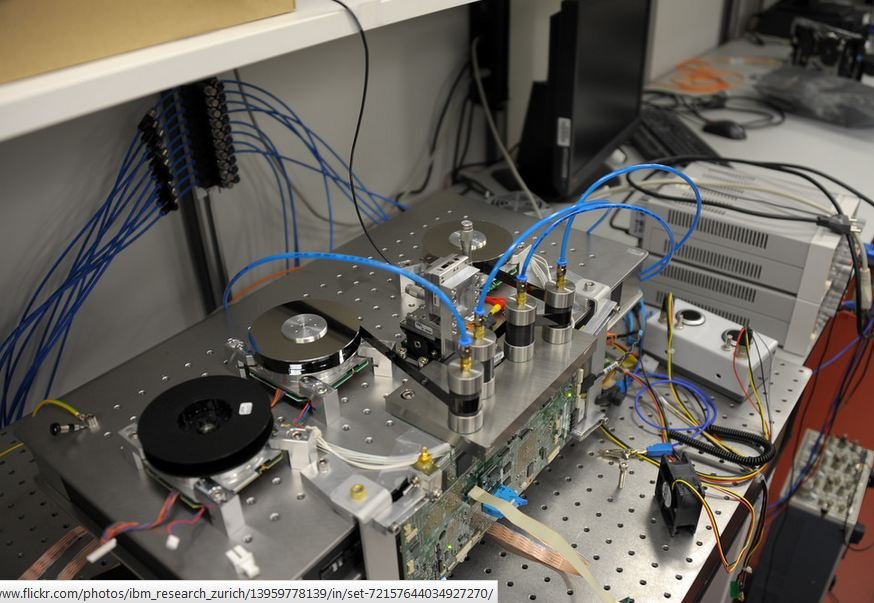Magnetic tape is refusing to leave the data center as a new world record for data density was created this week by IBM researchers, who insist it is still the cheapest available storage media.
In Las Vegas IBM researchers have demonstrated a capacity of 85.9bn bits of data per square inch on low-cost linear magnetic particulate tape.
Now some experts are predicting that Linear Tape Open (LTO) storage could make a comeback as the era of big data forces companies to seek cost effective storage.
This new record was achieved using a new advanced prototype tape, developed by Fujifilm of Japan.
This is the third time in ten years that IBM and Fujifilm have collaborated to push the boundaries for tape storage.
At the density achieved in the experiment, a standard LTO cartridge could store 154 terabytes of uncompressed data, enough to store 154m books.
In order to achieve the new storage capacity IBM’s researchers invented several new techniques for recording data.
A new write field head technology made it possible to use much finer barium ferrite (BaFe) particles.
In addition, advanced servo control improved head positioning, which made nano-scale fidelity achievable.
These adjustments resulted in a 27-fold increase in track density compared to the previous linear tape format, LTO6.
New signal-processing algorithms for the data channel created further efficiencies, by making the ultra narrow 90nm wide giant magnetoresistive (GMR) reader more reliable.
The upshot, according to IBM’s researchers, was a 62-fold improvement over the latest industry-standard magnetic tape product, the LTO6 tape cartridge.
IBM Fellow Evangelos Eleftheriou said that far from being a dying technology, big data has ‘met its match’ with tape.
“Not only does the technology provide high capacity in a small form factor, it is also reliable for several decades, requires zero power when not in use, and secure in that cartridges cannot be erased at the push of the keystroke and available for the cloud,” Eleftheriou said.
The economics will be massively significant, he said.
“All this at a cost of less than 2 cents per gigabyte and at a greatly reduced operating expense compared with disk storage,” Eleftheriou said.
IBM scientists say they expect to take magnetic tape to even higher areal densities in the future.

